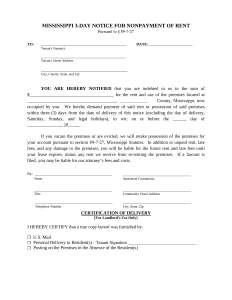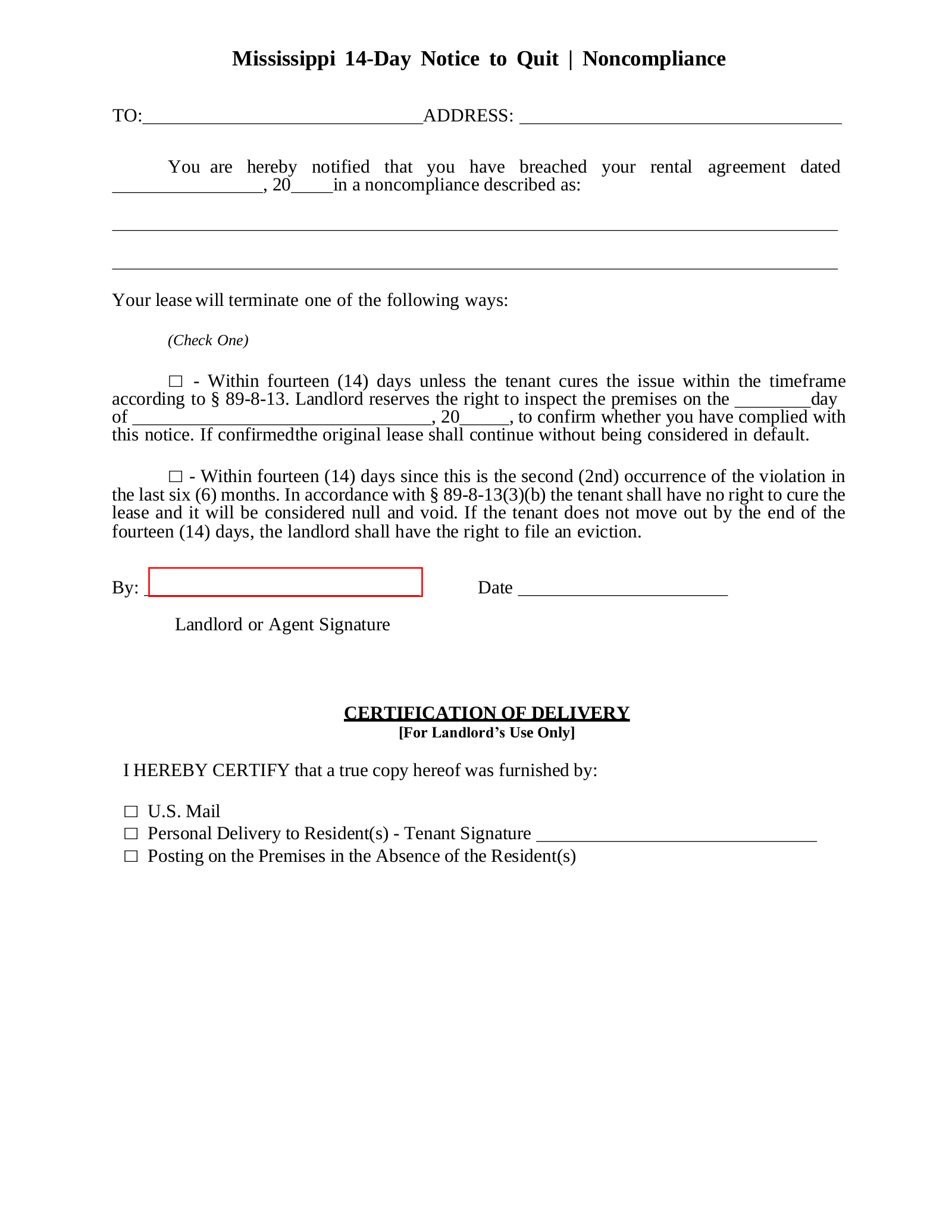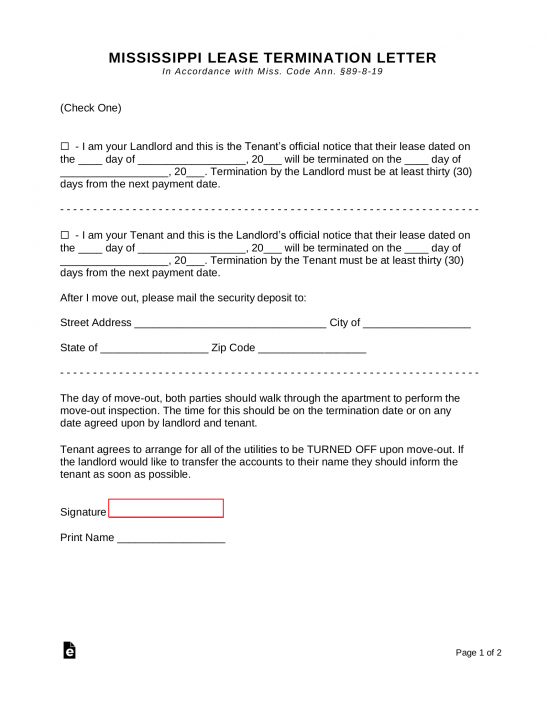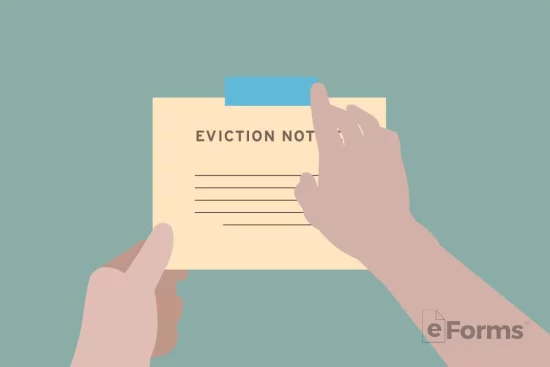By Type (3)
 3-Day Notice to Quit (Non-Payment) – This form is for legally informing the tenant that they have three days to pay their unpaid rent before the landlord begins eviction proceedings. If the tenant pays before the three days are up, the landlord may not proceed with the eviction. 3-Day Notice to Quit (Non-Payment) – This form is for legally informing the tenant that they have three days to pay their unpaid rent before the landlord begins eviction proceedings. If the tenant pays before the three days are up, the landlord may not proceed with the eviction.
Download: PDF |
 14-Day Notice to Quit (Non-Compliance) – This form is used when a tenant breaches a lease term other than for non-payment of rent. The tenant has 14 days to rectify the situation or move out if it’s a first offense. If not, they must move out within 14 days. 14-Day Notice to Quit (Non-Compliance) – This form is used when a tenant breaches a lease term other than for non-payment of rent. The tenant has 14 days to rectify the situation or move out if it’s a first offense. If not, they must move out within 14 days.
Download: PDF |
 30-Day Notice to Quit (Month-to-Month Tenancy) – This notice lets a party know that the other party does not intend to renew a month-to-month tenancy. 30-Day Notice to Quit (Month-to-Month Tenancy) – This notice lets a party know that the other party does not intend to renew a month-to-month tenancy.
Download: PDF, MS Word, OpenDocument |
Eviction Laws
- Rent Grace-Period: None.
- Non-Payment of Rent: 3 days.[1]
- Non-Compliance: 14 days with the option to cure for first offenses. 14 days without an option to cure for second offenses.[2]
- Illegal Activity: 14 days.[2]
- Substantial Damage to Property: 14 days.[2]
- Termination (Month-to-Month Lease): 30 days.[3]
- Filing an Eviction: Ejectment.[4]
Prohibited Landlord Actions
Utility Shutoff – The landlord is required by law to maintain plumbing, cooling, and heating systems in working order for the tenant.[5]
Changing the Locks – While there is no explicit statute about a landlord changing locks or blocking a tenant’s access to their unit, this is widely understood as a form of an illegal self-help eviction.
Court Forms
Civil Case Cover Sheet – When filing a complaint with the court, this cover sheet must be completed and attached.
Complaint for Non-Payment of Rent (Rankin County version) – If a tenant has been non-compliant with a demand for rent payment, the landlord can start an eviction case against them by filing this form with the court.
Complaint for Breach of Lease (Rankin County version) – In circumstances where the eviction is due to a lease violation, this form should be filed.
Answer Form – After receiving a summons, the tenant may contest the action by filing an answer with the court.
How to Evict a Tenant (5 steps)
1. Deliver Eviction Notice to Tenant

The first step to a successful eviction is to make sure you send the requisite notice and wait the specified time period before filing in court. You must also make sure the tenant receives the form, either by hand delivery or by posting and mailing it. You should have evidence of the delivery of the notice. Choose the notice that corresponds with your situation:
2. File Documents with Local Court
If your tenant fails to respond, you may begin eviction proceedings (called “unlawful entry and detainer”) with the Local Justice Court. This entails filing a Cover Sheet, a Complaint for Non-Payment of Rent, or a Complaint for Breach of Lease. The court will issue a Summons, schedule a hearing, and complete a warrant to be served on the tenant between five and 20 days from when the complaint is filed.
Filing fees vary by county. For example:
3. Wait for Tenant’s Response
The tenant will have the right to respond to the Complaint and respond by using the Answer Form.
